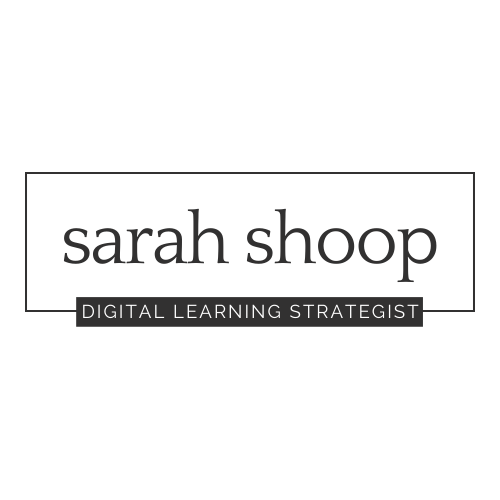Help Your Teachings Stick: Structuring Your Online Course for Maximum Impact
You designed your online course to guide people through powerful emotional and spiritual changes. But sometimes it seems like those potentially life-changing lessons just aren't landing with your students. You put the lessons out there, but the info doesn't seem to grab them. You’re not getting the feedback or glowing references you know you should be getting.
When you pour your soul into creating content that could seriously change lives, you want to be sure it makes an impact! I've totally been there too! That's why I know how you structure your curriculum makes a huge difference when it comes to helping students actually remember so they can use what you teach in their lives. The way you organize your lessons can make all the difference.
Let’s look at some simple tips to help your teachings stick:
Start Simple, Then Go Deep
Don't overwhelm learners in Week 1 with every detail of your process. Start with the basics so everyone has the foundation they need to absorb the deeper stuff later.
For example, if you're teaching meditation, first focus just on posture and breathing techniques. And be sure to give them the tools so they can practice! Once they've mastered the basics, then add in more advanced practices. Steadily build skills over time by introducing more challenging lessons once earlier concepts are solid. Walk your clients through growth step-by-step, not all at once.
Keep in mind (as I talked about in The Adult Learning Principles Every Online Course Creator Needs to Know (link article)) that adults need to have freedom when learning. So as you build your course progression, give learners a chance to move faster when they have past knowledge. And also give your learners opportunities to spend a little more time when they have a block that slows them down with activities or journal prompts.
Extra tip: This is a great place to add bonus lessons and other materials outside of the regular course flow to help those who need a bit more information without slowing down those who are ready to move on. Most adults who stop a course do so because they either feel overwhelmed by the material or feel like they know all of it already so they aren’t driven to keep moving forward.
It’s OK to Test Knowledge
You can also provide retrieval practice through knowledge checks and quizzes. Just because you are teaching mindset practices, self-care, or other behavioral skills doesn’t mean you can’t throw in a quick quiz to reinforce the lesson. I get that most of us break out into a cold sweat when we see a test, but there are lots of fun ways to help your students see how much they have learned.
Try out these ideas:
Use emojis or gifs instead of words for multiple-choice answers
Give prompts for reflection so they have a chance to reframe what they have learned in their own words with their own experiences
Give an activity to practice their new skill - meditation audio, printable planner page to plan out when they’ll do self-care (list some options as examples to choose from), etc.
Reinforce Through Repetition
Sadly, as we get older and our lives get filled with so many responsibilities, our brains can only keep so much information. Ever walked into a room and forget why? Yep, getting older can suck. So while people taking your course have the best intentions in remembering everything you teach, life just gets in the way. Recently learned info slips from their memory quickly as they are also juggling kids, home, and work expectations.
As you build their knowledge, be sure to review key concepts. Keep in mind that most of your learners are not binge-learning your course. Be sure to give them a quick recap like your favorite show does a “previously on” montage grabbing the key scenes you need to remember for what’s about to happen.
To keep going with our meditation course example, you could briefly recap centering principles during each meditation. Loop back to important framework pieces throughout the course. Repetition helps it stick! When you feel like you have repeated yourself too many times, add one more just to be sure.
Thoughtfully structured lessons ensure your wisdom gets absorbed so real change unfolds. Mapping your curriculum strategically makes a huge difference.
